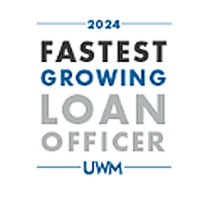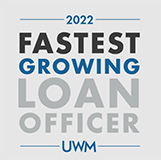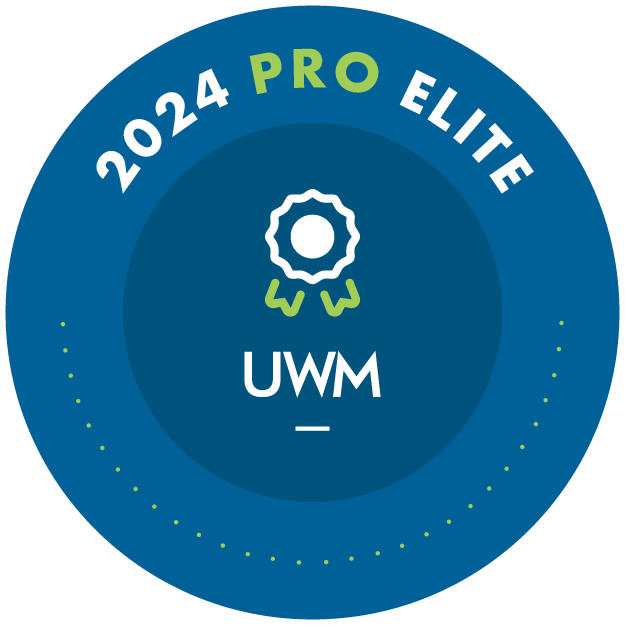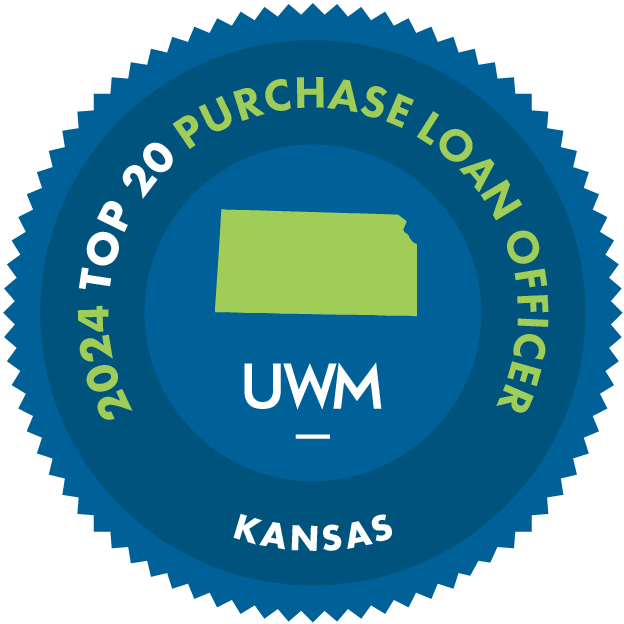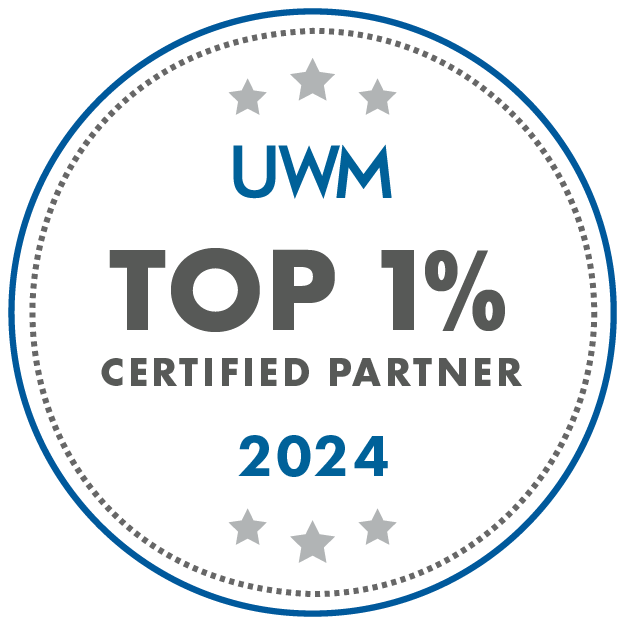
When it comes to mortgages, buyers have many options to choose from. From conventional loans to FHA and VA loans, it can be hard to decide which mortgage is right for you. To help you make the right choice, let’s take a quick look at what conventional, FHA, and VA loans are and which one may be best for your needs:
Conventional Loan Vs. FHA Loans Vs. VA Loans
Conventional loans are the most common mortgage product that borrowers can access through lenders, banks, and credit unions all over the country. They are suitable for borrowers who have excellent credit scores.
FHA loans, on the other hand, are a type of loan backed by the FHA or Federal Housing Administration and may have more flexible qualification criteria compared to conventional loans.
VA loans, also guaranteed by the federal government via the U.S. Department of Veterans Affairs, are for active-duty military, veterans, and surviving spouses of military.
FHA Loan or Conventional Loan – Which Is Better?
One of the key differences between conventional and FHA loans is that the former has a higher credit score requirement compared to an FHA loan. So those with lower scores might find FHA loans a better fit.
Also, if you put down lower than 20% on a conventional home loan, you could cancel the private mortgage insurance once you’re past the 20% equity threshold. With FHA loans, the mortgage insurance premiums will have to be paid for the lifetime of the mortgage or until you refinance into a conventional mortgage.
For a conventional loan, the minimum down payment is 3%, though you should put down at least 20% if you want to avoid PMI. For FHA loans, the minimum down payment is 3.5% if you have a score of 580 and 10% if your score is between 500-579.
If you are purchasing a home for the purpose of making it a rental property, conventional loan is your only option because FHA loans require that you live in the home you are buying.
As of this writing, the national average for 30-year fixed mortgage APR stands at 6.49%, while for a 15-year mortgage APR, it’s 6..02%. On the other hand, the national average 30-year FHA mortgage APR right now is 6.67%.
VA Loans Vs. Conventional Mortgages
Veterans and their spouses, as well as active military service members, do not need to contribute money to a down payment. However, they need to get a certificate of eligibility from Veterans Affairs, expressing that they have satisfied service requirements. Some lenders also approve VA loan applicants with lower credit scores. You won’t need to pay mortgage insurance on a VA loan but there is a funding fee that may vary depending on a few factors.
For VA loans, there is no minimum credit score (though some lenders do require a certain score). As mentioned, there’s no PMI, but the VA funding fee can go between 1.4% and 3.6%, depending on your down payment (if you’re making one) and your usage. Like with FHA loans, you must live in the property you wish to buy.
The national average 30-year VA loan APR right now is 6.06%.
Conclusion
Consider your current financial situation, your needs, the type of loan that best fits your preferences, and what you can qualify for when deciding between a conventional, FHA, and VA loan. It would help if you also compared their pros and cons and how those come into play for your specific circumstance. It is best that you speak with a trusted home loan expert in your area to ensure that you’re getting the best loan option for your needs.
Call Your Mortgage Expert Today!
McGowan Mortgages is a trusted name when it comes to Kansas City mortgages. Get in touch with our loan experts at (816) 631-9687 to know more about your options and requirements for a mortgage application.
Do you know how much home you can afford?
Most people don’t... Find out in 10 minutes.
Today's Mortgage Rates











